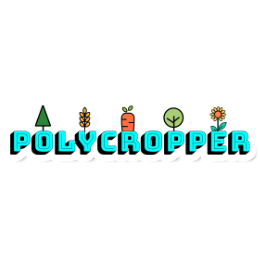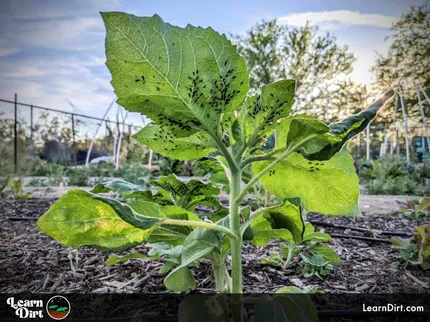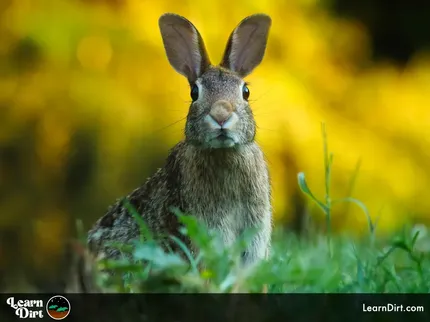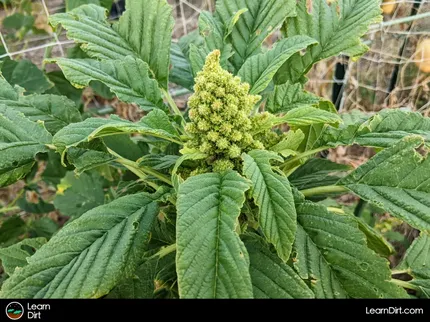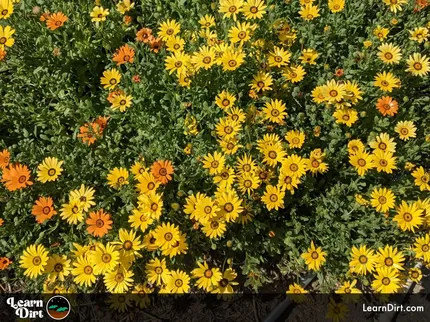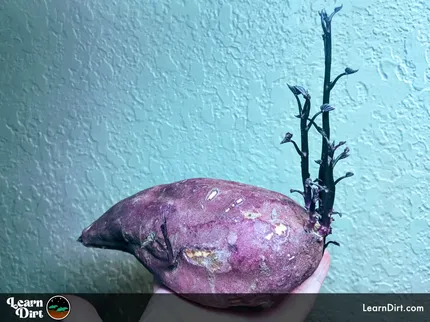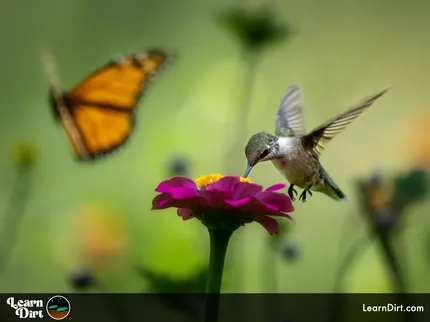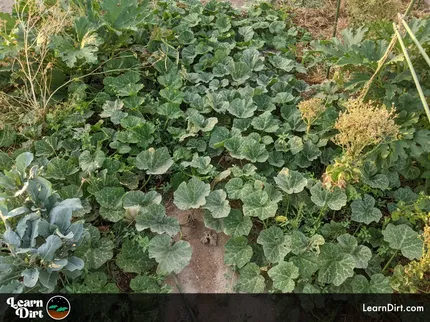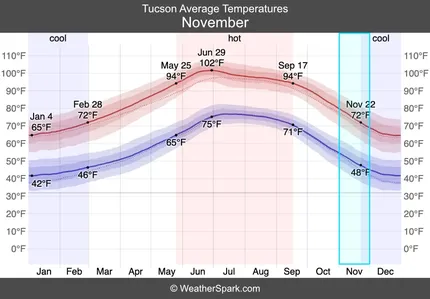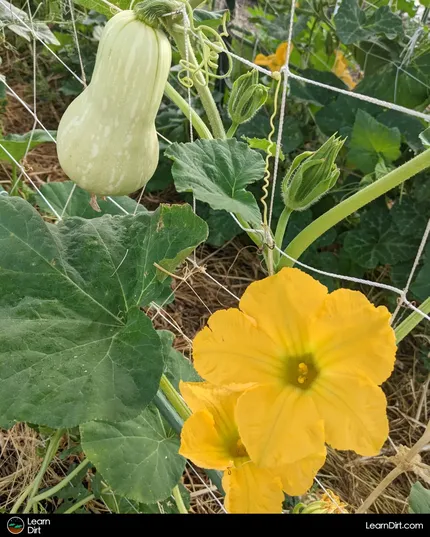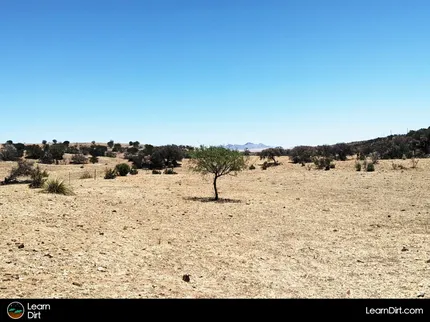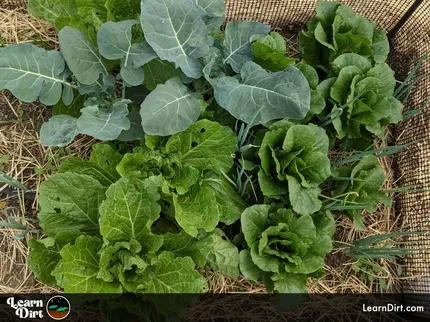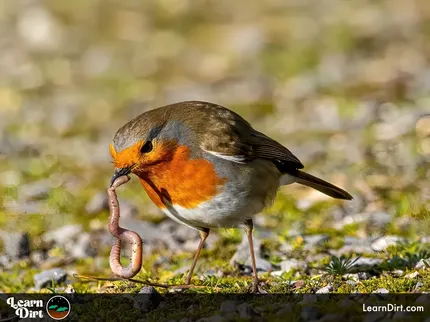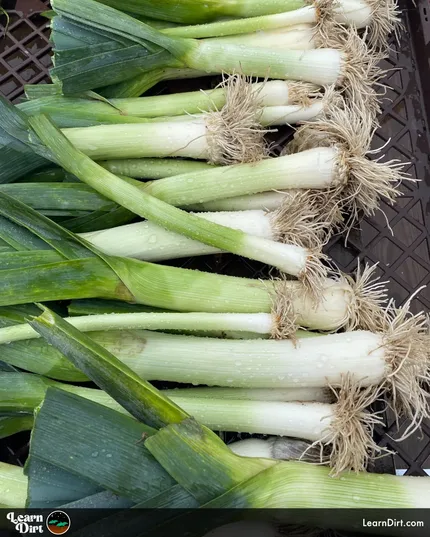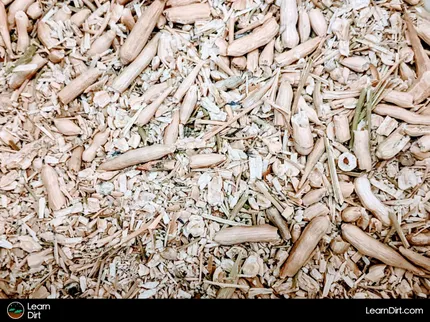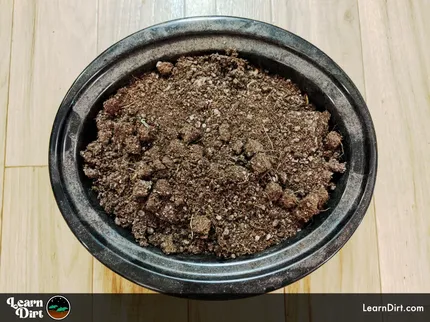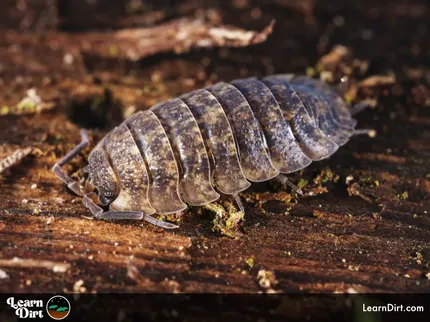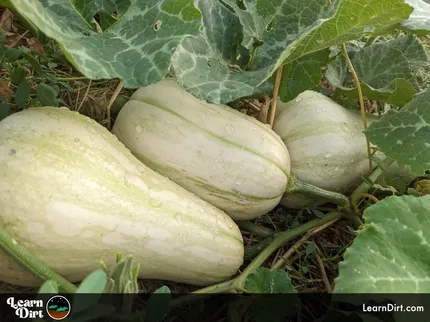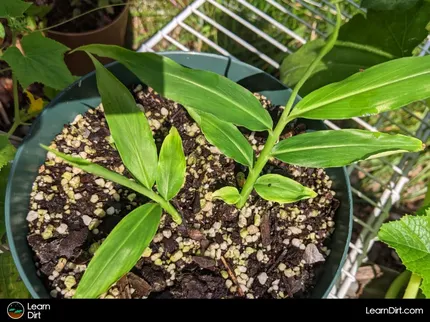Table of Contents
- What Are Grubs?
- Are Grubs Helpful or Harmful?
- Identifying Grubs and Damage
- Managing Grubs
- Preventing Grubs
- FAQs
- Final Thoughts...
* Our articles never contain AI-generated slop *
Finding grubs in your dirt and are wondering if grubs are good or bad for the soil and your garden? Let's get into it...
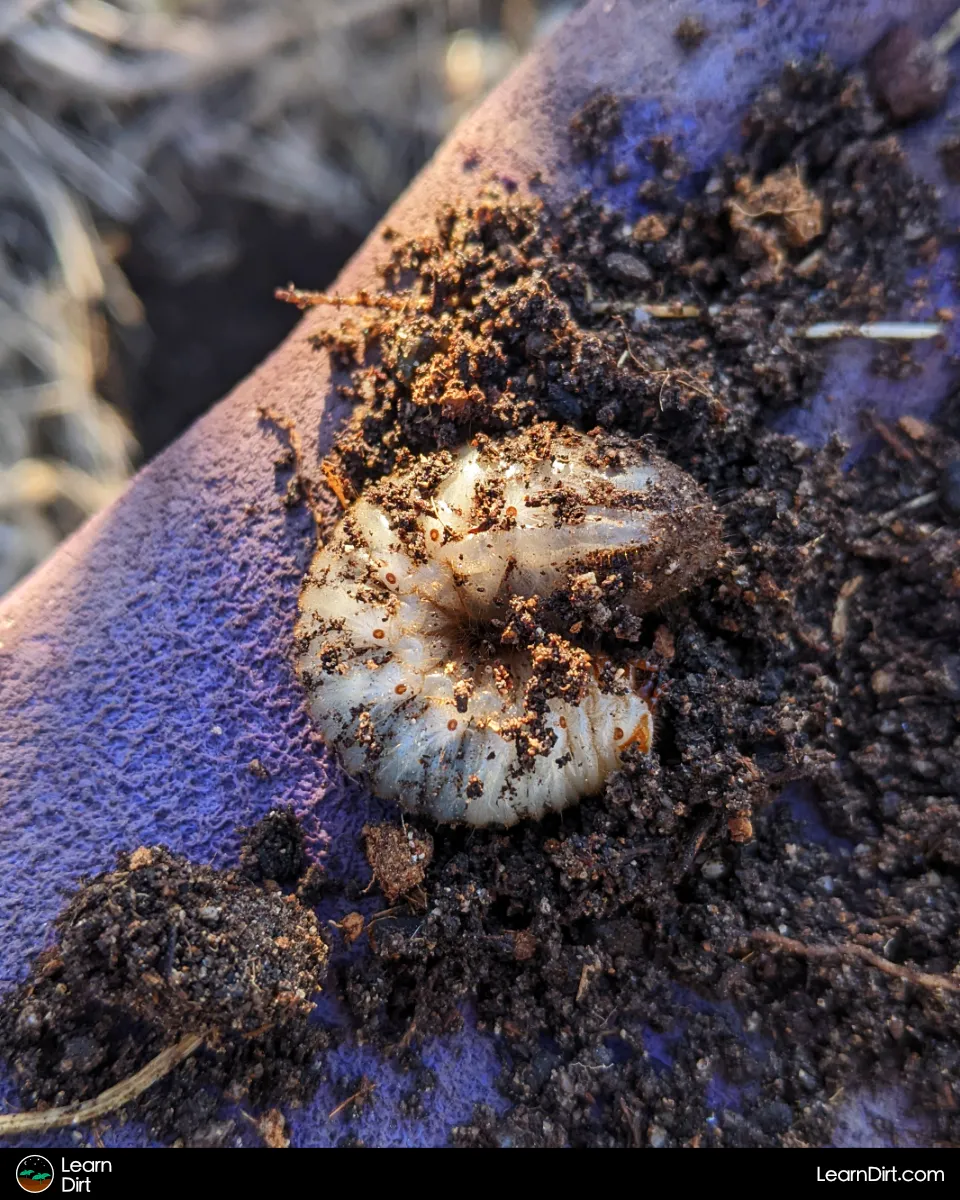
What Are Grubs?
Grubs are the larval form of beetles. They typically consume more in their larval stage, and most of their growth happens while they're still underground.
Grubs fill a role similar to that of earthworms, before eventually emerging from the soil as fully-grown beetles
Disclaimer: This post may contain affiliate links. Refer to the privacy policy for more information.
What Does a Grub Look Like?
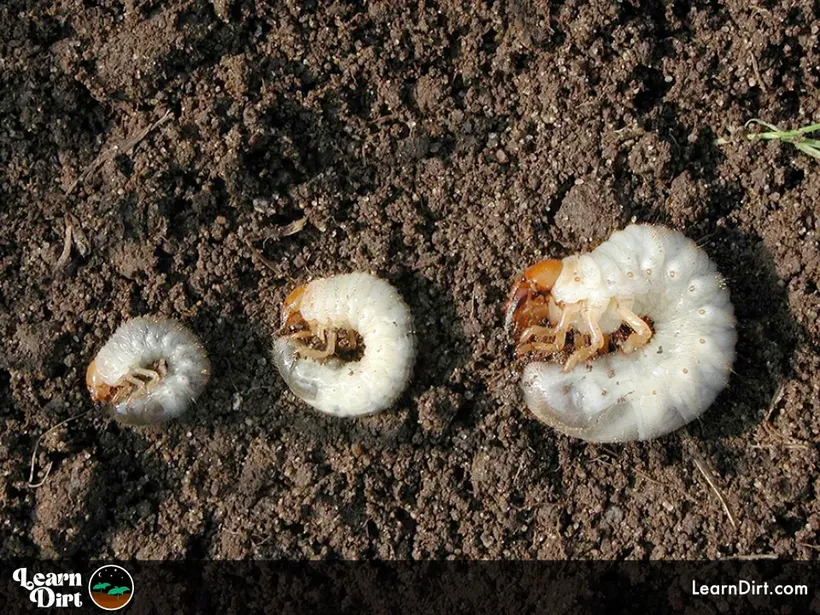
Are Grubs Decomposers?
Yes, grubs are decomposers and help break down dead plant matter. They like cool, moist places filled with decomposing matter.
This means they'll feel right at home in your garden soil or your compost bin. You're likely to find grubs in both places if your soil and compost are healthy.
As macrodecomposers (big critters) they can break down larger chunks of decaying material which would take a lot longer for microdecomposers to work with.
Grubs eat the larger chunks in your soil and compost pile, excrete frass, which is then broken down further by the smaller decomposers.
This means grubs play a vital role in the early stages of decomposition, and can help speed up your compost pile and garden soil nutrient cycling.
Are Grubs Helpful or Harmful?
Pesticide companies have been demonizing grubs for years, but truthfully they just want you to buy their crappy poison and destroy your ecosystem. There are far fewer damaging grub species than these companies want you to believe, and they do far less damage than most people think.
Join The Grower's Community
Whether you cultivate vegetables, house plants, succulents,
mushrooms, flowers, cannabis, or more...
you're welcome here 🌱
Check It Out!
When you research your local grub species online, be certain you're not getting your info from articles written by pest control companies. Demonizing pests to sell you poison is their game, don't be fooled!
Are Grubs Good for Soil?
Grubs help to break down organic matter in soils and compost, and aerate them while doing it. This improves soil quality, structure, drainage, moisture retention, and nutrient availability.
If you're a gardener, you're likely to find grubs in garden soil eventually. Your plants will love the hard work grubs do for the soil!
Ultimately, if you do have a grub species which chows down on plant roots - that means you've got a team of soil-building critters to help you make great dirt. Sure, maybe you'll lose a couple plants to them - but resilient healthy plants won't fall prey to a couple grubs. And healthy, balanced ecosystems won't be overrun by any 1 type of "pest" anyway.
If you've got a grub inundation, that's just a sign that your ecosystem isn't balanced. Killing pests you don't like or applying nasty pesticides WILL NOT help you get your ecosystem in balance, though. Quite the opposite!
Many gardeners have a tendency to undervalue decomposers and soil-builders, and over-demonize anything which might eat organic matter. Start by balancing your mindset, and ecosystem balance will follow.
Are Grubs Good or Bad for Your Garden?
In some regions and climates, larval beetle grubs can be detrimental to plant roots.
Where I am in Tucson, none of the native grub species will kill your plants.
If you're in a different region, you may notice some detrimental effects from them on root growth.
Identifying Grubs and Damage
What Do Grubs Look Like?
Common Types of Garden Grubs
Figeater Beetle Larvae
Figeater grubs are harmless and don't eat living roots in soil, preferring decomposing materials.
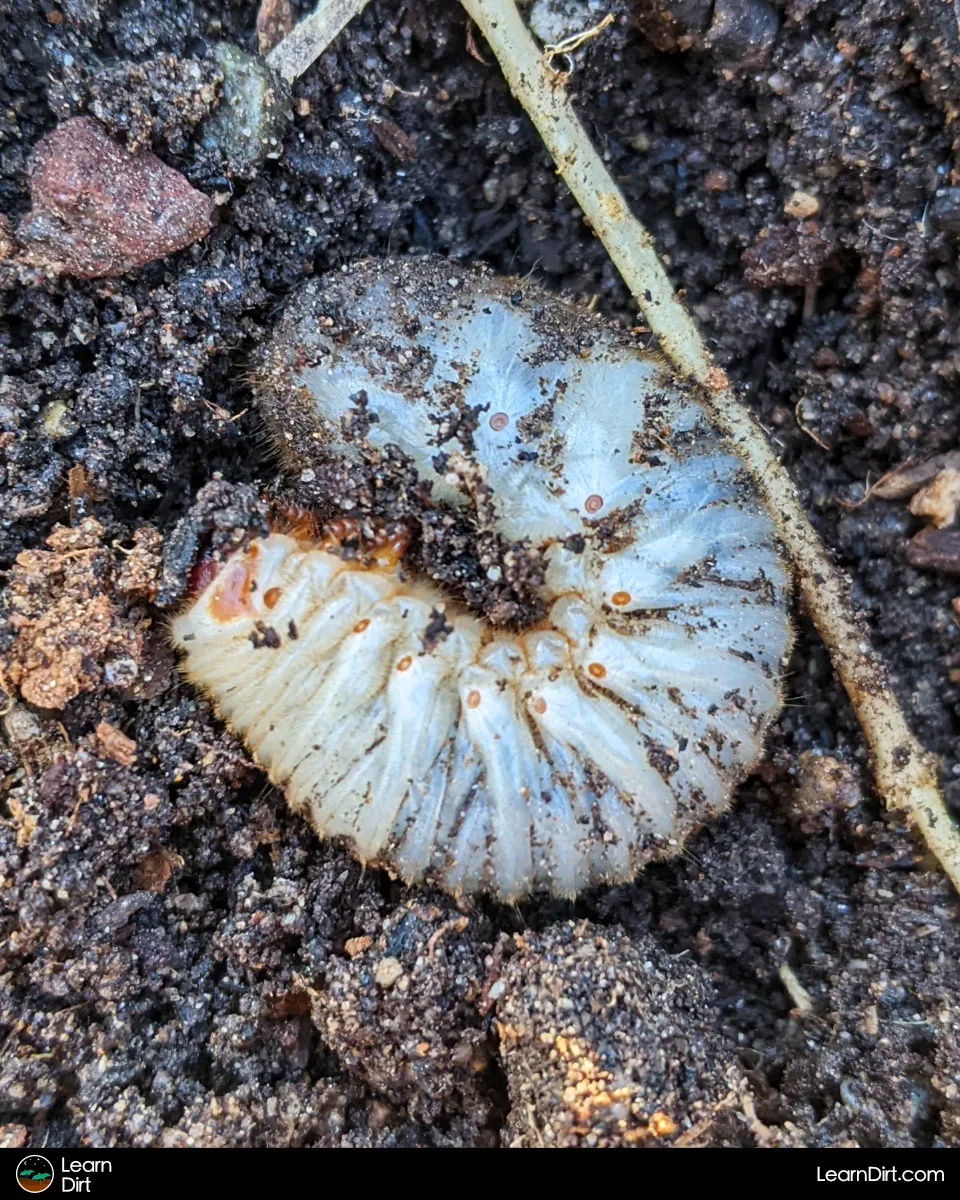
The adults can be found pollinating mesquite trees in summer, but they might get into your corn and figs.
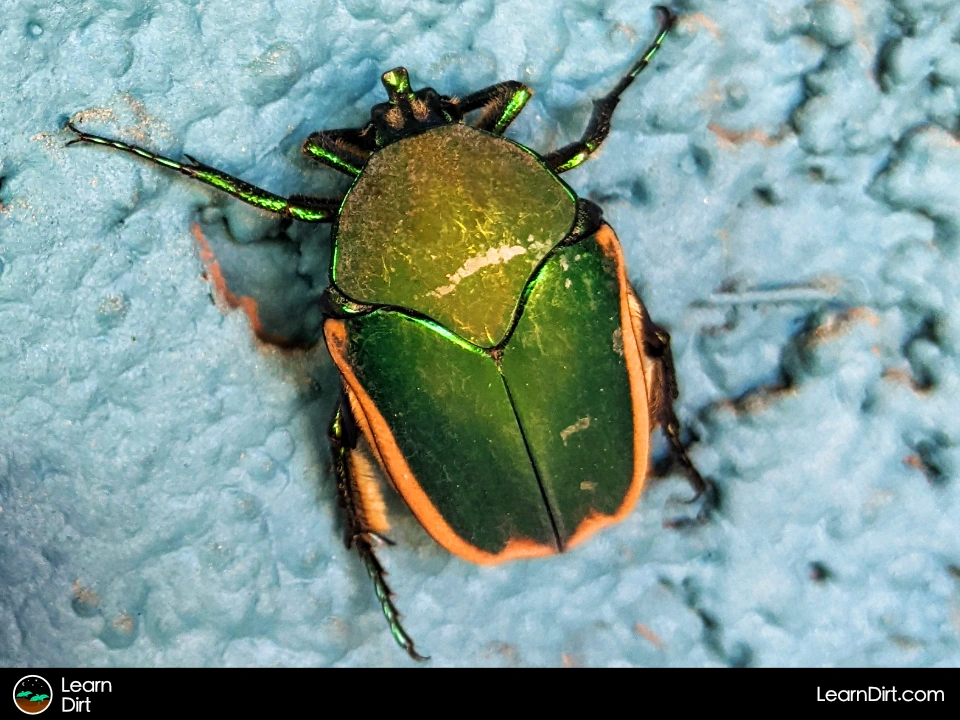
Soil Beetle Larvae
White Grubs
Garden Grub Identification
If you're trying to figure out what type of grub you've found, you can post a photo & location in the Species Identification board in our community, an we'll help you figure out what you've got.
Grubs vs. Other Larvae
Signs of Grub Damage
Managing Grubs
Should You Kill Grubs?
What you don't want to do is assume that all grubs are the same, or make up your mind about them without first identifying your species. The iNaturalist app is great for this, or you can post a photo on our forum for identification.
Next time you see some jumbo grubbers while digging in yer' dirt, rejoice that they've showed up as an indicator of healthy soil! And remember that they're here to help you on your quest so be nice to grubs.
How to Get Rid of Grubs in Vegetable Gardens
Beneficial Nematodes for Grubs
Preventing Grubs
Building Healthy Soil
Ecosystem Balance
Embrace them! They're here to help your soil, not to harm your plants.
They may seem creepy-scary, but that's only because there aren't enough people advocating for them.
Pesticide companies are incentivized to market straw-men to you and over-demonize a whole cast of bugs. Insects are one of the most critical pieces of an organic garden, though!
Do a quick Google search of whether grubs damage your garden, and you'll notice all the top results are from pesticide companies. It's no coincidence that they are paid to sell you "solutions" to things which aren't a problem in the first place. Pest companies are not neutral players so I'd advise caution before accepting most of what they have to say.
If you choose to grow outdoors organically, you have to take the time to learn about your local characters and the important roles they play in a regenerative garden ecosystem.
If you don't like insects and aren't willing to learn more about them and embrace them, you should grow hydroponically indoors in a sterile environment.
Dig Cool Merch?
Other Prevention Tips
FAQs
Are Grubs Dangerous to Humans or Pets?
Are Grubs Beneficial?
Do Grubs Eat Plant Roots?
Where I am in Tucson, our native grubs do not damage plant roots (despite what you've heard.)
If you're in a different region or climate, you'll need to research your local grub species to find out if any of them can cause plant damage.
Invasive grub species, however, such as Japanese beetles may damage plant roots. We don't have these in the Sonoran desert, though, and none of our native grub species eat plant roots.
While some beetles such as palo verde beetles have a symbiotic relationship with host trees, they don't kill them and pose no risk to mature palo verdes.
Primarily macro-decomposers, grubs would typically rather consume decaying organic matter such as leaves, mulches, sticks, rotting wood, compost, and chop + drop.
What Are Grubs Good For?
Final Thoughts...
That's all for grubs, thanks for reading.
Don't forget that you can post a photo on the identification thread and we'll help you get an ID on your grub species so you can learn more about them.
Happy gardening, y'all!
That's all for now, thanks for reading!
If you have any questions, comments, or would like to connect with fellow gardeners, head on over to the forum and post there.


![Black Dirt Live Again [Purple]](/media/product_images/black-dirt-live-again-[purple]_shirt_260x260.png)
